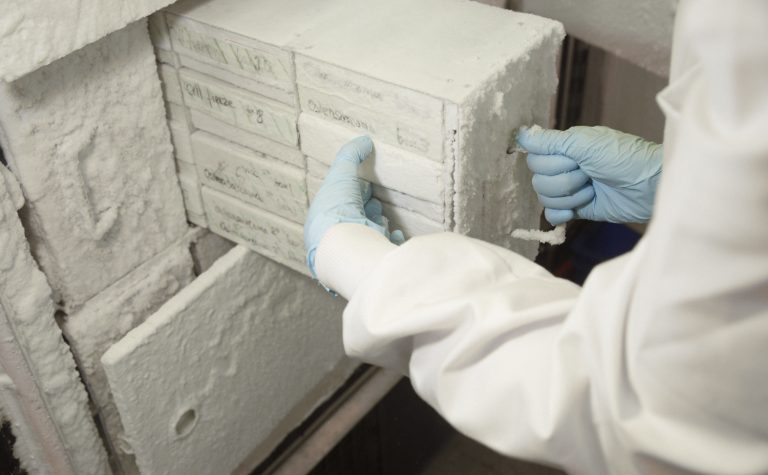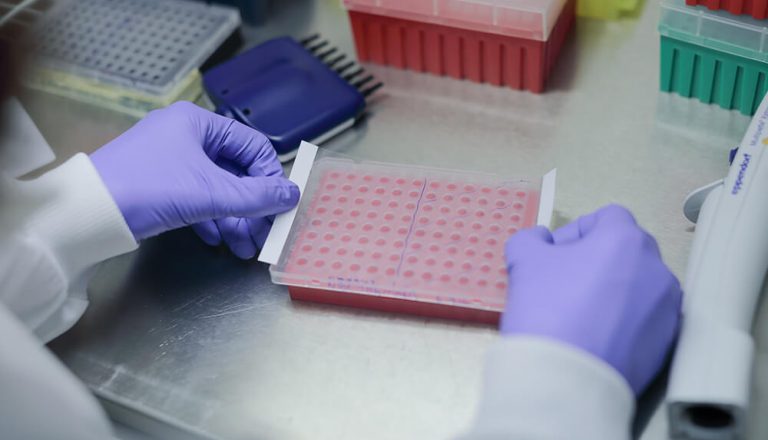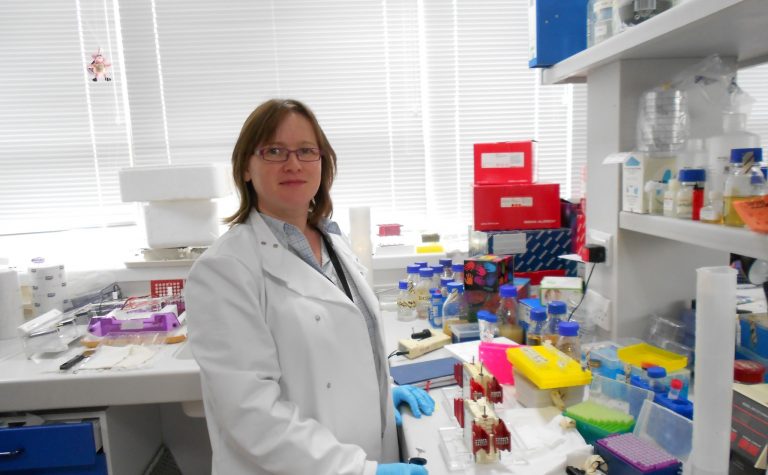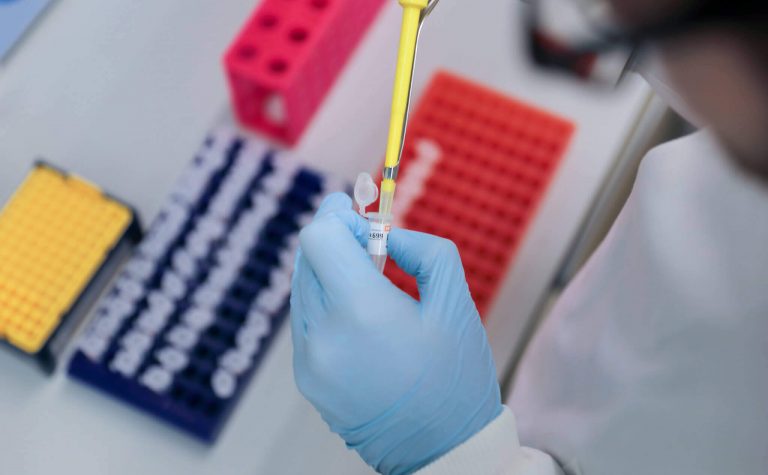Project Details
Project Title
Targeted therapies for childhood cancer
Lead Researcher
Dr Darren Hargrave
Research Centre
Great Ormond Street Hospital for Children
City & Institution Postcode
London, WC1N 3JH
Start Date
1 October 2011
Duration
53 months
Grant Amount
£198,011




